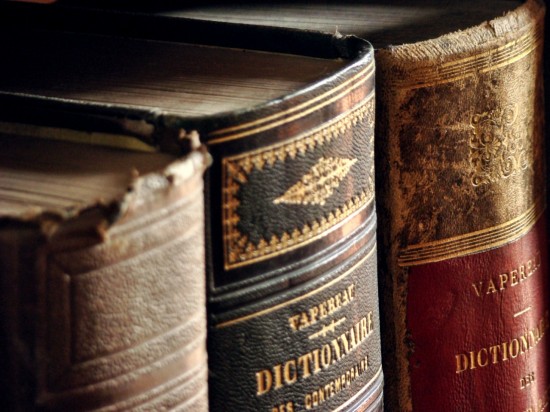How to Study For a Test on a Novel

While it might seem difficult and bewildering to have to prepare to be tested on an entire novel, the preparation can be broken down into several simple, methodical steps. It helps to know the particulars of the test – when your teacher announces the test, make sure you ask him/her to clarify how you will be tested, what sort of information you will be required to know, and the format of the test (multiple choice, short answers or essay questions).
Instructions
-
1
Begin your preparation by going over the entire plot of the novel. It is best to review the plot with a group of friends or classmates, so the entire novel can be viewed from a holistic perspective before you begin focusing on smaller details. Try sitting in a circle and have everyone contribute to re-telling the story sequentially. As you trace the plot line, make sure you pay attention to the progression of the story, and how it moves from the exposition, to the conflict, and finally to the resolution. In short, make sure you know the story.
-
2
Once you have fully grasped the story, begin analysing the characters. Make sure you know their names, and the part they play in the story. A novel will generally have two types of characters – round characters (who are dynamic and whose personality changes as the story moves forward) and flat characters (who remain the same throughout the story). Determine which character fits under which type, and ensure that you familiarise yourself with all of them. The round characters will always be more important, as you will be asked to trace the changes and developments they go through during the progression of the story.
-
3
Familiarise yourself with the setting and context of the novel. For this, you will need to research background information about the era in which the novel is set – e.g. if you are going to be tested on ‘The Great Gatsby’, you will need to read up on the Jazz Age, the Roaring Twenties, and post World War I America. Make sure you know all there is to know about the setting, and the social and historical context of the novel.
-
4
Go over the notes you made when you were studying the novel in class – review new and unfamiliar vocabulary, and familiarise yourself with any literary terms your teacher might have used. E.g. if an essay question comes up which asks you to analyse ‘Great Expectations’ as a bildungsroman, you will need to know what a bildungsroman is to begin with.
-
5
Study up on the author of the novel. Know who he was, which time period he lived in, the themes he was interested in exploring, other works he wrote, and any inspiration he might have had which led to the writing of this particular novel. In short, go over the author’s biographical information thoroughly.
-
6
Finally, anticipate essay questions and plan answers to these beforehand. Multiple choice and short questions do not required planning, but essay questions required careful thinking, analysing, and organising. Go over the themes and ideas your teacher might have focused on when teaching the novel, and plan how you would answer questions relating to these.




